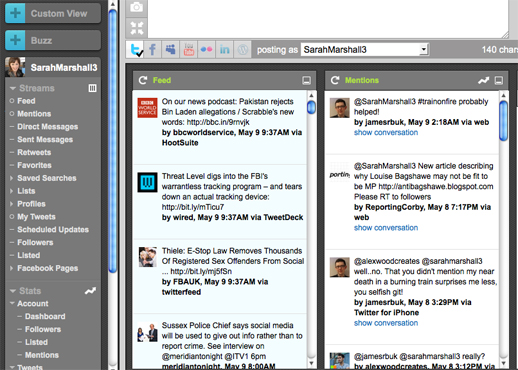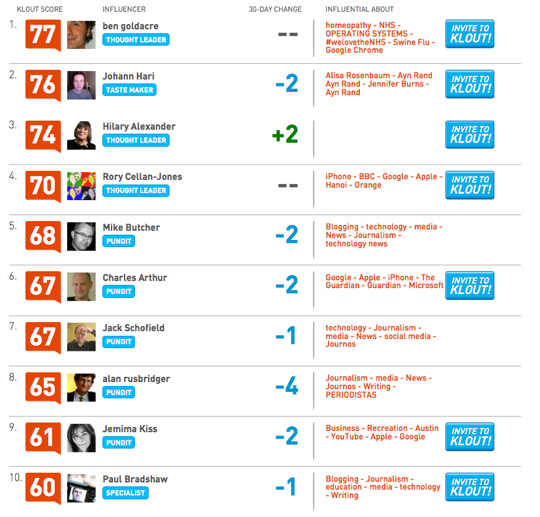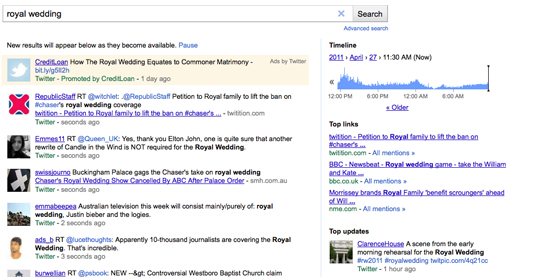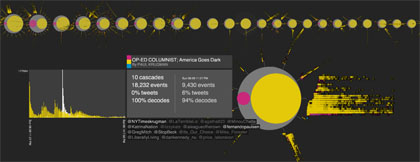The Drum is reporting that national newspapers “could introduce football Twitter reporter role”. That’s according to Henry Winter, Daily Telegraph football correspondent and columnist for the Sunday Telegraph.
@henrywinter has more than 100,000 Twitter followers.
“I think each sports desk could have someone solely concentrating on Twitter,” Winter said. “They’d talk to the fans about what’s happening during the game and report on the match as it is happening.
“I did an experiment where I spent a whole match not writing a report for the paper but just talking to fans on Twitter. The response was incredible.”
Speaking at the MPA’s National Newspaper Debate in Manchester, Winter said the thousands of messages he receives online had begun to inform his reporting.
Winter goes on to discuss how Twitter brings him closer to his audience but warned of the dangers or entering disputes with readers.





